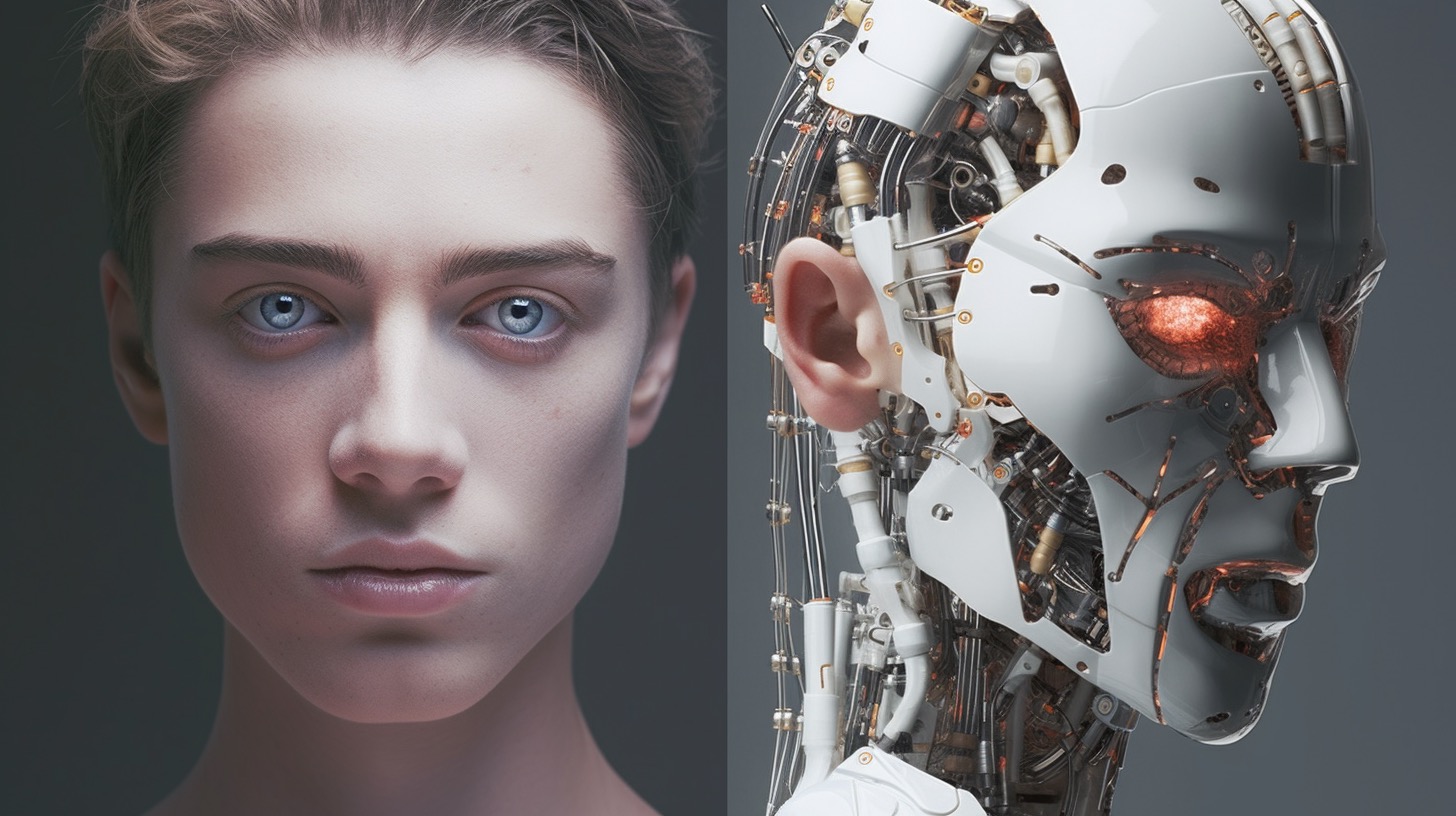In a shocking case that highlights the misuse of artificial intelligence (AI), a Florida man has been arrested for allegedly using AI technology to create child pornography. Daniel Clark Warren, a 51-year-old resident of West Palm Beach, is accused of taking a photo of a young girl who lived in his neighborhood and then using AI to digitally remove her clothes and place her in explicit sexual situations.
Authorities were alerted to Warren’s activities in January, leading to his subsequent arrest. Martin County Sheriff’s Detective Brian Broughton described the evidence as deeply disturbing, with the digitally manipulated images appearing startlingly realistic. “It’s pretty scary when you look at this stuff. If you just looked at it briefly, you would think it’s a real photograph,” said Broughton.
Warren is currently facing 14 felony charges related to child pornography and is being held in jail on a staggering $1.5 million bond. Investigators are now working diligently to determine whether there are any additional victims or related cases.
This disturbing incident raises concerns about the potential for AI technology to be exploited for nefarious purposes. AI has immense potential for positive contributions across various fields, but its misuse highlights the urgent need for safeguards and regulations. The rise of non-consensual deepfake pornography, which involves creating synthetic images or videos that convincingly mimic someone’s likeness, has already prompted nine US states to pass laws specifically targeting this issue.
The unethical use of AI-generated child pornography underscores the importance of education and awareness regarding digital privacy and consent. It is crucial for individuals, especially parents and guardians, to remain vigilant and educate themselves and their children about responsible internet usage to mitigate the risks associated with such technology.
While incidents like this are deeply disturbing, law enforcement agencies and technology companies are continuing to develop tools and techniques to detect and counter the spread of AI-generated pornography. These efforts aim to protect children and victims and hold perpetrators accountable for their actions.
FAQ:
Q: What is AI-generated child pornography?
A: AI-generated child pornography refers to the creation of explicit images or videos involving children using artificial intelligence technology, such as deepfake algorithms, to digitally manipulate and sexualize their appearance.
Q: What are non-consensual deepfake photographs?
A: Non-consensual deepfake photographs are synthetic images created through AI technology to mimic the likeness of an individual without their consent. These images can be used for various purposes, including pornography and identity theft.
Q: Which US states have laws against non-consensual deepfake photography?
A: Nine US states currently have laws specifically targeting the creation or sharing of non-consensual deepfake photography. These states aim to address the increasing concerns surrounding the dissemination of digitally manipulated explicit content without consent.
Sources:
1. CBS Miami – [URL of the domain without subpage]
In addition to the shocking incident involving the misuse of AI technology for creating child pornography, it is important to understand the broader industry landscape and the potential implications of AI in various fields. The AI industry has been experiencing rapid growth and is expected to reach significant market value in the coming years.
According to market forecasts, the global AI market is projected to reach a value of $190.61 billion by 2025, growing at a CAGR of 36.62% during the forecast period. This growth is attributed to the increasing adoption of AI technologies across industries such as healthcare, finance, retail, and automotive, among others.
However, along with its potential benefits, the misuse of AI technology remains a pressing concern. The incident discussed in the article highlights the urgent need for safeguards and regulations to prevent the harmful use of AI algorithms. As AI becomes more sophisticated, there is a risk that it could be used for illegal activities, such as creating deepfake pornography or manipulating personal information for malicious purposes.
To address these concerns, there have been ongoing efforts to develop tools and techniques to detect and counter the spread of AI-generated pornography. Law enforcement agencies and technology companies are working together to develop advanced algorithms and forensic techniques to identify and remove such content from the internet.
Moreover, the rise of non-consensual deepfake pornography has prompted several US states to pass laws specifically targeting this issue. Nine US states, including California, New York, Texas, and Virginia, have enacted legislation to address the creation or sharing of non-consensual deepfake photography. These laws aim to protect individuals from the misuse of their likeness and address the potential harm caused by the spread of digitally manipulated explicit content without consent.
The incident discussed in the article highlights the importance of education and awareness regarding digital privacy and consent. It is crucial for individuals, especially parents and guardians, to remain vigilant and educate themselves and their children about responsible internet usage. This includes understanding the potential risks associated with AI technology and the importance of protecting personal information and privacy online.
In conclusion, while incidents like the one discussed in the article are deeply disturbing, continued efforts are being made to detect and combat the misuse of AI-generated pornography. The industry is growing rapidly, but it is crucial to prioritize the development of safeguards and regulations to prevent the harmful use of AI technology and protect individuals from its potential consequences.
Sources:
1. CBS Miami – CBS Miami
2. Market Research Future – Market Research Future
The source of the article is from the blog karacasanime.com.ve

